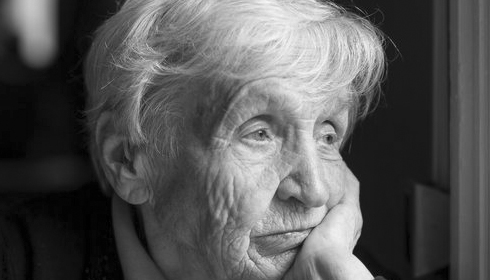
Psilocybin Offers Comparable Long-Term Antidepressant Effects to SSRIs, Study Finds
Known as the key element in "magic mushrooms," the hallucinogenic drug psilocybin may have long-term antidepressant effects comparable to those of conventional SSRIs according to a recent study, which also offers other mental health advantages. The results were presented at the ECNP Congress in Milan; a matching paper slated to be published in The Lancet eClinicalMedicine
Under direction by Imperial College London PhD candidate Tommaso Barba, the study directly compared psilocybin with the SSRI escitalopram in individuals with moderate to severe depression. Both therapies shown comparable reductions in depressed symptoms over a six-month period. On psychosocial functioning, however, psilocybin was found to be more clearly influential; patients reported better psychological closeness and a stronger sense of meaning in life.
Barba said, "This is the first work to compare the long-term effects of these two drugs in the context of overall well-being, not just freedom from depression." While both therapies lessened negative emotions and despair, he said "psilocybin outperformed escitalopram in several measures of well-being."
The study, which included 59 patients in a phase 2, double-blind, randomised controlled trial, also observed that psilocybin might provide a substitute for those who do not react to SSRI medication. Although roughly one-third of patients do not respond to SSRIs, this was not the main emphasis of the present experiment.
Clinical Director at the Centre for Psychedelic Research,e co-first author Dr. David Erritzoe underlined the wider consequences of psilocybin treatment. "Improving connectedness and having greater meaning in life can considerably enhance a person's quality of life and long-term mental health," he said. Psilocybin, he said, might offer a "more holistic treatment option for depression, addressing both the symptoms of depression and overall well-being."
The researchers warn, nevertheless, that psilocybin is still an experimental medicine. Dr. Erritzoe noted that it is given in carefully regulated environments, unlike recreational use where erratic and maybe negative effects can arise.
The results have been greeted by independent experts with wary hope. Although the study represents a significant effort to evaluate the clinical worth of psilocybin, Johan Lundberg, an adjunct professor of psychiatry at the Karolinska Institute in Stockholm, pointed out that it has limits. He underlined the lack of a non-inferiority study and the lack of thorough documentation on further treatments carried out during the follow-up period.
Lundberg said: "Some future patients might prefer psychedelic treatment over SSRI, but some may be intimidated by the dramatic changes in perception and confrontations with challenging emotions that psychedelic drugs promote."
Though further research is required to validate psilocybin's wider applicability, the study offers interesting future directions for the treatment of depression. For now, it's still a great substitute for those looking for a different method of handling their mental health.